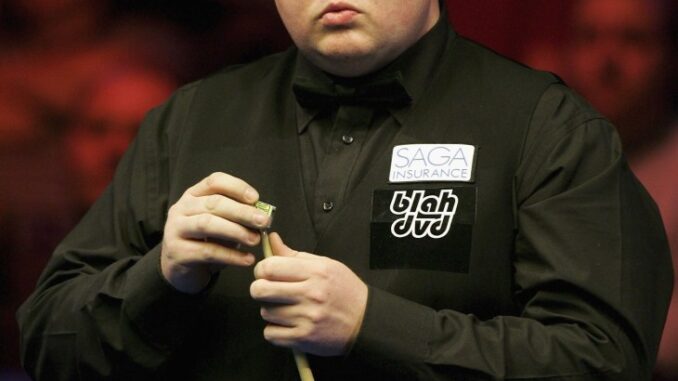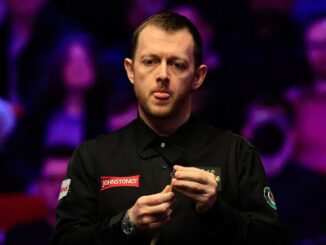
Stephen Lee breaks silence on snooker return after end of 12-year ban.
Former top‑5 snooker professional Stephen Lee has spoken out for the first time since the expiry of his 12‑year suspension, dismissing notions of a full-scale return to the professional circuit.
Lee’s ban, handed down in 2013 by the World Professional Billiards and Snooker Association (WPBSA), was the result of a match-fixing scandal involving seven matches between 2008 and 2009. The sanction was backdated to October 12, 2012, meaning that Lee was eligible to re‑enter the professional ranks only from October 2024. He turned 50 around that time.
In his recent comments, Lee made it clear that he will not pursue a return to the World Snooker Tour. He cited several personal, practical, and financial obstacles. “I’m still able to enjoy playing snooker at a certain level,” he told The Hindu. “But I’m not silly enough to think I’m going back after 12 years — 12 years is too long.” He added that he is unwilling to go through Q School (the qualifying route), and said working again with the WPBSA “does not appeal to me one bit,” alleging the organisation “never did anything for me” in terms of support.
Lee also touched on personal grief: he revealed his late wife — who passed away two years ago — had not wanted him to return to professional competition. He further disclosed that his son, Alfie, is now playing snooker (or pool) in Asia, and Lee himself has embarked on business ventures in China.
A significant barrier remains: Lee reportedly owes the WPBSA around £125,000 in legal fees, fine payments, and court costs tied to the original match-fixing proceedings and failed appeals. Until that debt is resolved — or some agreement reached — the governing body will not allow him to re-enter WPBSA-sanctioned events. Even if he cleared the debt, he would still need to qualify through Q School or equivalent routes to regain a tour card.
Despite his refusal to commit to a return, some in the snooker community have voiced support. Ronnie O’Sullivan recently described Lee as “a great cueist” and said he could still be competitive, though he acknowledged uncertainty about how high Lee could climb ranking tables. John Higgins, meanwhile, suggested that if Lee wanted to come back, the sport should welcome him. On the other hand, Shaun Murphy emphasised that payment of Lee’s outstanding debts would be a prerequisite before any comeback could be considered.
Last year, to mark the end of his ban, Lee participated in a six-red exhibition match in Thailand, where he defeated former world number three James Wattana 2‑1. But Lee clarified that this exhibition was a controlled, non‑tour event — not a sign of a return to competitive tour status.
In summary, Stephen Lee has firmly distanced himself from the idea of a professional comeback, citing long absence, financial obligations, and personal convictions. While his exile from the sport ended in 2024, the hurdles — both logistical and emotional — appear to have closed the door on a serious attempt to reclaim his former status in snooker.



Be the first to comment